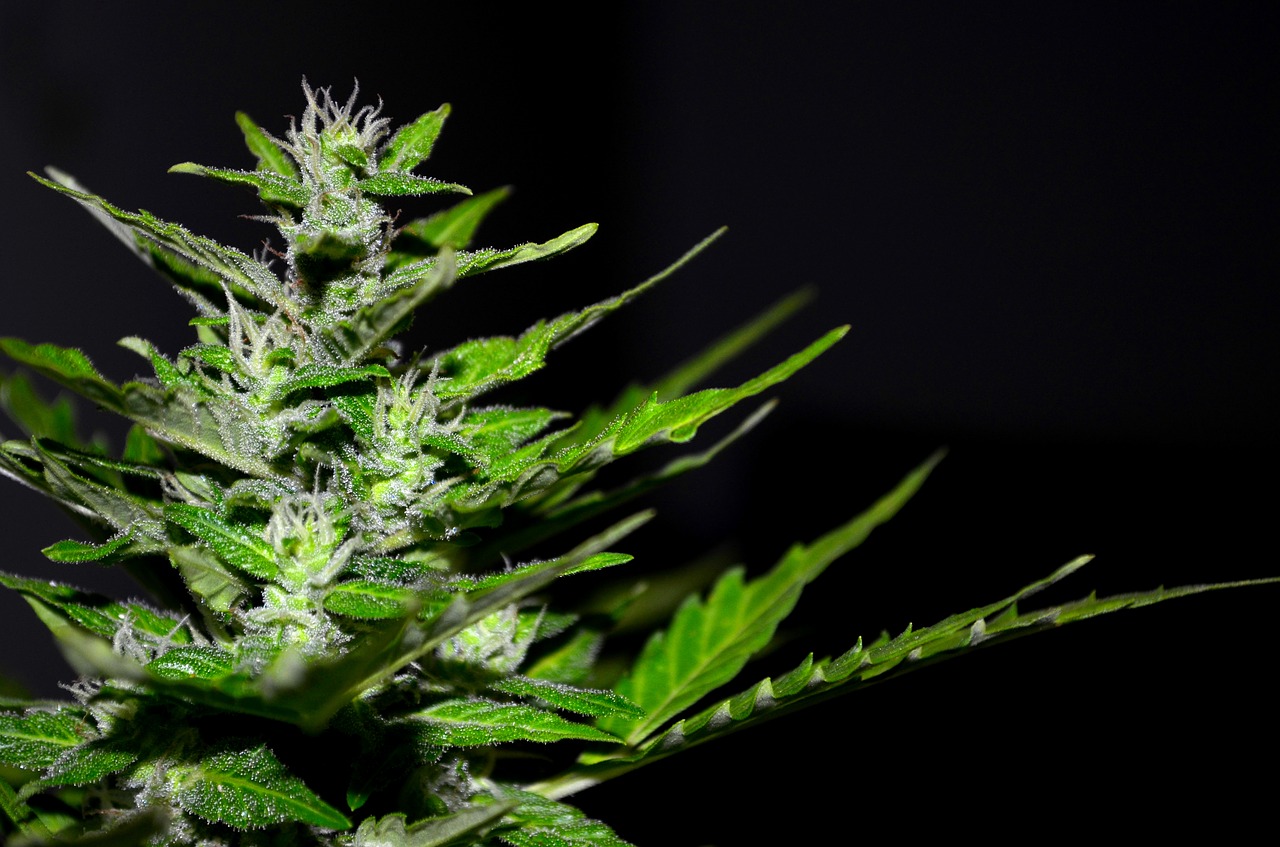In the past months, three U.S. states and municipalities – New York City, Ohio and Maine – have issued orders for business-owners to remove their CBD products from shelves.
The way federal, state and municipal regulators have rushed in to the new and expanding market for CBD reveals the dangers resulting from this form of government encroachment, but also casts a light on their motivations and priorities.
Most of us have heard about CBD by now, but the basics for the uninitiated run as follows: Cannabidiol, or CBD, is a non-psychoactive neighbor of THC and is derived from either the hemp plant or the marijuana plant.
It has myriad uses among its die-hard fan base, including those who claim it eases pain, anxiety, severe epilepsy and even the effects of degenerative diseases like dementia and multiple sclerosis. These are borne out to varying degrees by preliminary studies done in Europe where restrictions on CBD have been less draconian, particularly Switzerland and Spain.
When President Trump signed the 2018 Farm Bill in December, many libertarians were rightly aggravated at the last-minute addition by Paul Ryan of a measure to block efforts by congress to withdraw U.S. support for the disastrous war in Yemen.
What they didn’t focus on was that the bill also reclassified hemp as an agricultural product, eliminating the prohibition on its growth and manufacture, and ostensibly legalizing its derivatives like CBD.
Now, that doesn’t mean CBD is in the clear. The same day the farm bill was signed, Food and Drug Administration Commissioner Scott Gottlieb released a scare-off statement claiming that CBD products, which include lotions, bath bombs, edibles and vape fluid, aren’t regulated. [7]
The statement heavily implied that these products are therefore unsafe and painted a bleak picture of the businesses and groups that sell them.
On one level, our friendly overseers at the FDA aren’t wrong. CBD isn’t regulated federally, now that it’s procurement and sale seem to have been legalized with the farm bill.
Interstate transactions of the products are probably risky at this stage, state-by-state laws vary and international trades are in a similar position. The UN still considers CBD and hemp to be a Schedule 1 substance despite a recent World Health Organization report recommending removing it from that category.
The reality of the CBD industry is like any young and quasi-faddish area of production. Companies are vying for market share and looking to distinguish themselves. Already, brands have used their venues, product lines and presentation to draw loyalty in the crowded field.
Third-party, privately-owned laboratories have sprung up to test the CBD products for purity of their ingredients, cannabinoid levels and potency. Discriminating consumers and retailers have already come to rely heavily on these processes and intermediaries as proxies for quality and effectiveness.
Many brands disregard some of these considerations for convenience sake. Consumers can grab CBD products at gas stations in some states, and the all-natural, non-GMO crowd might find these examples sub-par.
Alternatively, some brands are forging ahead on their bourgeois bona fides, with claims that no pesticides or chemicals are used in their products. Like other sectors, the market diversifies and caters to the rich and diverse tastes of consumers.
We’ve seen this private and emergent, not mandated, form of regulation in other sectors of the economy. Underwriters Laboratories is an oft-touted example, a group which quality tests technology products for quality, endurance and performance so consumers can know by their stamp that they are buying products they can trust.
The rebuttal writes itself. We don’t eat keyboards! Government MUST regulate CBD, because you eat it. Or vape it. Or feed it to your dog.
Let’s analyze this for a moment, with the principle of moral hazard in mind. What might the CBD industry gain from government regulation on these chemicals and supplements?
FDA regulators currently oversee opiates. They regulate anti-depressants.
According to the Centers for Disease control, more than 68 percent of America’s 700,000 deaths by drug overdose between 1997 and 2017 were attributed to opioids.
Likewise, Harvard University recently released a revised list of side effects from SSRIs and other forms of anti-depressants, including suicide, muscle spasms, and sexual dysfunction.
What’s the qualitative difference between those regulated substances and unregulated CBD products?
Mainly, the fact that people until recently were willing to trust that the authorities – their doctors, the FDA, and others – had done the due diligence to ensure what they consume is safe. Many are newly skeptical of these substances because of negative press amid the opioid epidemic and perennial attention given to SSRIs and others in wake of tragic shootings and rising suicide rates, but until recently the government stamp was enough.
CBD, on the other hand, has attracted droves of enthusiastic, curious buyers. The amount of choices, types and qualities on offer, plus their status in the unregulated frontier, induces a sort of incentive toward safety knowledge and attentiveness no government program could foster.
Customers of CBD are hounds for the third-party lab result reports, and if they aren’t, the places where they buy their favorite brands often are.
So why do the regulators continue in this way? Why must every loose end be tied down, every shop operating voluntarily disturbed, and every product put on the chopping block?
One reason could be simple profit motive. Regulators have plenty to gain from forcing supplement companies and hemp farmers to grease the skids to get their product to market under a crony paradigm. And there isn’t even a CBD sin-tax yet.
Still, I wager that the impulse to regulate, the impulse to dominate, comes from something deeper.
For some, the mere sight of new and exciting venues of human betterment and enterprise are windblown landscapes of hidden pitfalls and crevices, where the unsuspecting masses could be ensnared at any moment.
The regulators think you are simply too stupid to know what you want.
What do you think?







